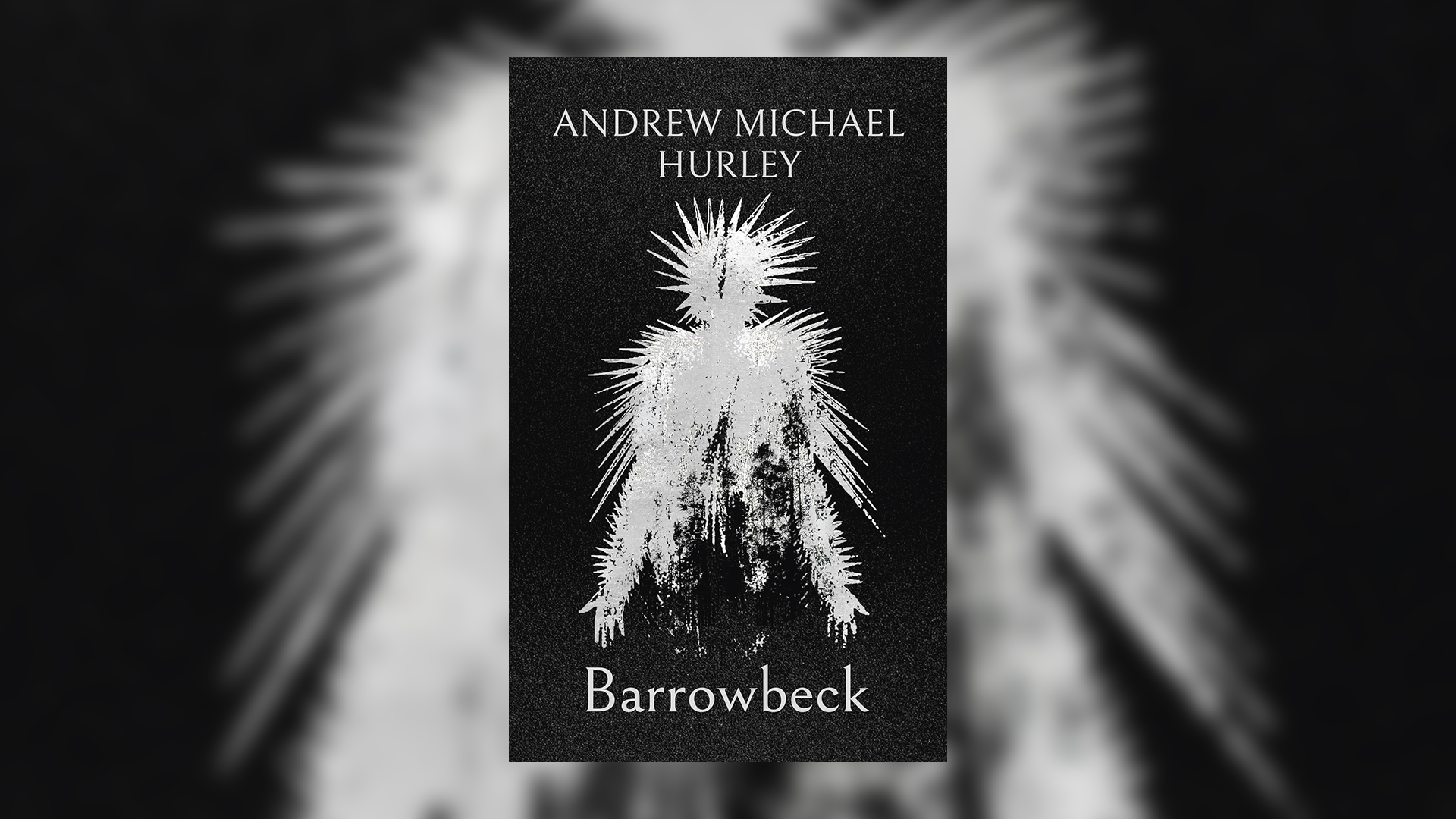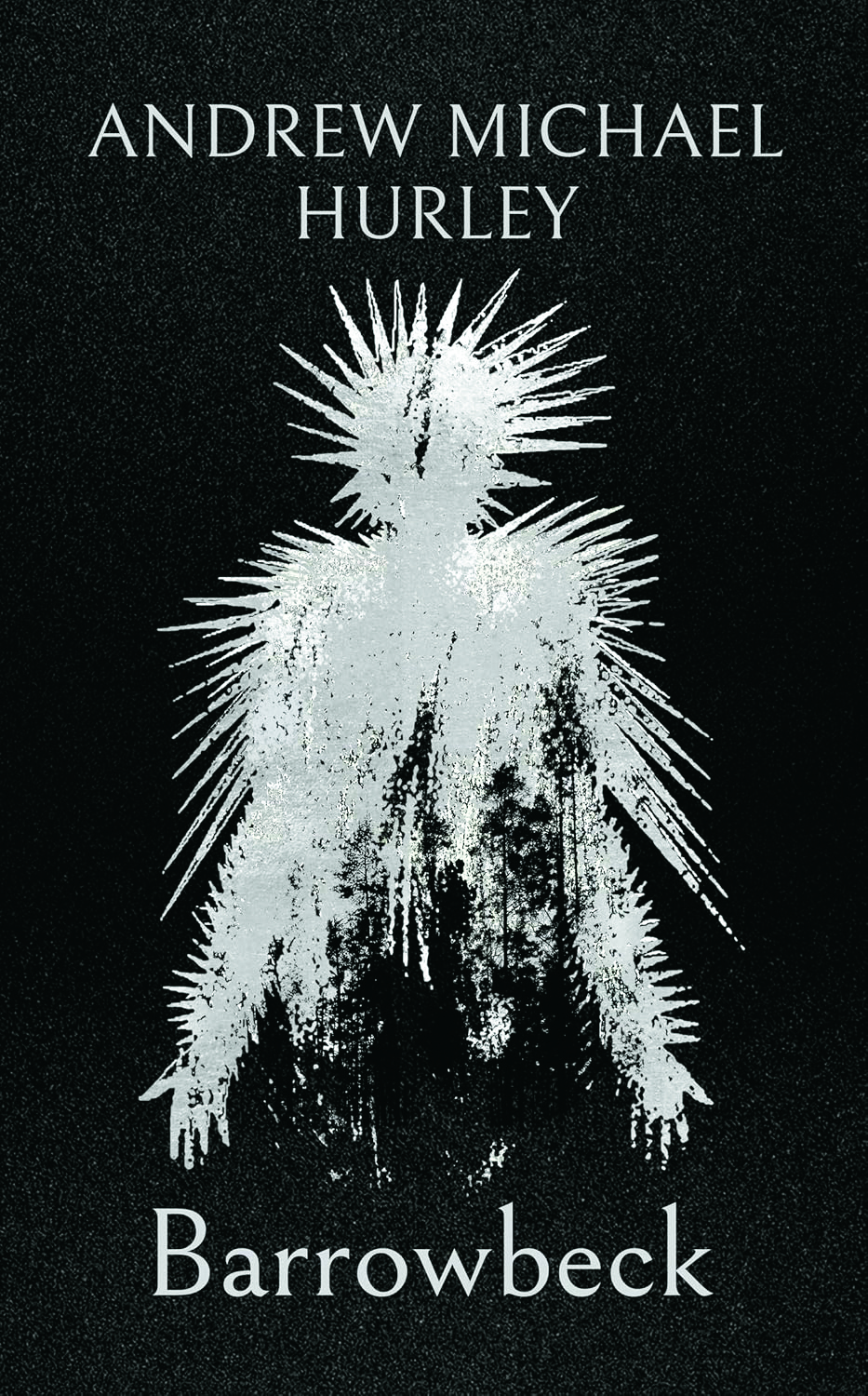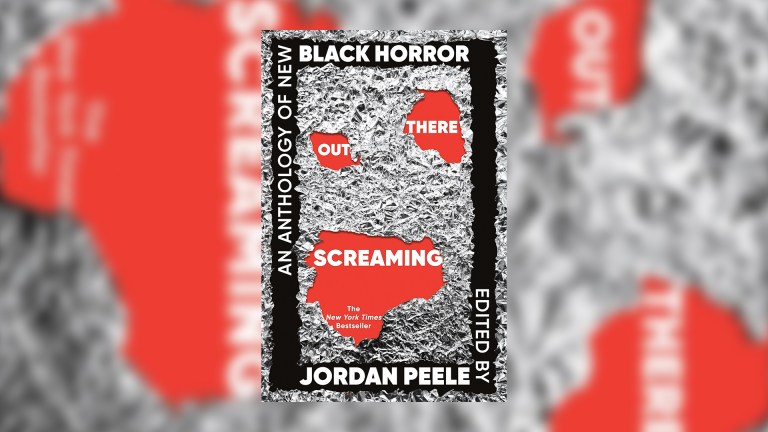Horror can be a difficult genre to pull off in fiction compared to film, with a slow-burning dread more often replacing the instant jump-scare thrills of movies. This week we have two books that impeccably demonstrate the diversity of modern horror.
First up us Barrowbeck by Andrew Michael Hurley. Hurley has been rightly lauded in British folk-horror circles since his bestselling debut novel The Loney. More recently, his third novel, Starve Acre, was adapted into a critically acclaimed film of the same name. Barrowbeck is a departure in style from Hurley’s previous novels, presumably in part because this book started as a Radio 4 series of short, creepy tales all sharing the same location.
That location is, of course, Barrowbeck, an isolated valley in the north of England, and these interlinked stories span well over 1,000 years, reaching from the valley’s first inhabitants to a near-future dystopia. In between these bookends we get stories set in the Middle Ages, just after the First World War and the present day, alongside many other time periods. Each story deals with a small, personal situation, and Hurley expertly draws more universal themes across the tales, giving the small, focused narratives a wider and more profound power.
There are elements of pure Wicker Man-style folk horror here, as well as hints of cosmic horror and the supernatural, but more often than not Hurley is interested in the subtleties of psychological horror, the interplay between people and the inherent discomfort and distress that can bring.
While a collection like this might’ve seemed disjointed in another writer’s hands, Hurley does a great job of linking his tales in an understated and skilful way. Much of this is through his location, which he clearly knows well, the remoteness and unique feel of such northern valleys drawn beautifully on the page.
Of all the stories, I personally preferred the first and last, which smartly bookended proceedings and seemed to tie everything together. The sense that the land has a spirit of its own – whether helpful, malevolent or disinterested in human foibles – lends this book a heft and meaning it otherwise might’ve lacked. A fascinating book in terms of subject matter, style and execution.










